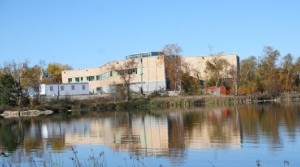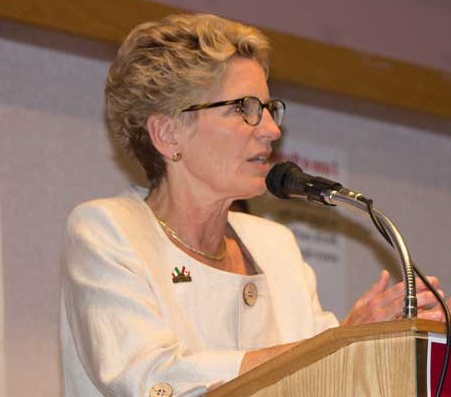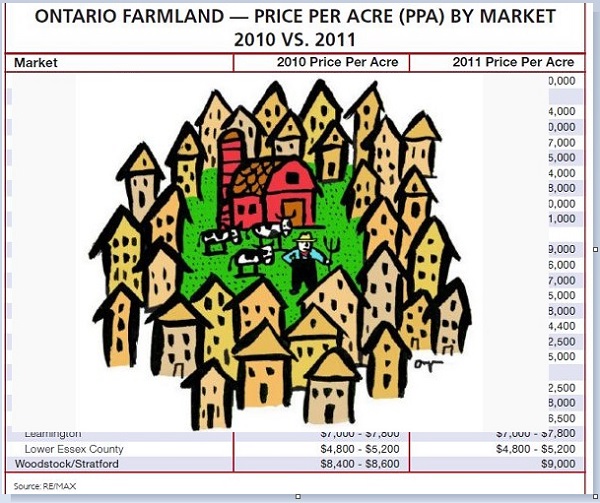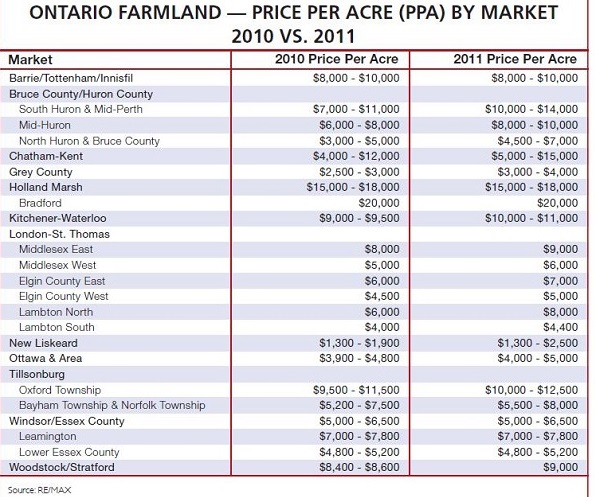
Ontario Premier Kathleen Wynne attended the opening of two professional programs in Northern Ontario on September 4th, as part of her commitment to help young people in every part of the province prepare for promising careers.
Lakehead University’s Faculty of Law in Thunder Bay and Laurentian University’s School of Architecture in Sudbury are Northern Ontario’s first law and architecture schools, and the first of their kinds to open in the province in more than 40 years.
The schools will help Northern Ontario students enter the law and architecture professions, and study closer to their families and the communities where they grew up. There is currently a shortage of lawyers who specialize in Northern issues, and Lakehead’s new law school will help bridge that gap by focusing on issues such as access to justice in Northern and rural communities, as well as Aboriginal, natural resource and small- or single-practitioner law.
The Ontario government is committed to making smart investments that will help Northern Ontario’s economy grow and create more jobs.
“I want young people in every part of this province to be able to pursue their
dreams, find great careers and give back to their communities. These two exciting
programs bring new opportunities to a wonderful part of our province.”
—Kathleen Wynne, Premier of Ontario
“A post-secondary education continues to be one of the most important investments
people can make in themselves and their future. Programs like these will help
prepare students in the North for the global economy, give them better access to
good jobs and help Ontario build the highly skilled and educated workforce it
needs.”
—Brad Duguid, Minister of Training, Colleges and Universities
“These two new programs further establish Thunder Bay and Sudbury as destinations
for specialized post-secondary education and training. Our government is so proud to
be able to work with educational institutions in Northern Ontario to ensure we have
the infrastructure needed to educate the workforce of tomorrow.”
—Michael Gravelle, Minister of Northern Development and Mines

QUICK FACTS
§ The Ontario government invested $1.5 million in Lakehead’s new Faculty of Law building, and $21 million in Laurentian’s new School of Architecture.
§ Approximately 57 per cent of Lakehead’s 60 new Faculty of Law students are from Northern Ontario. Laurentian’s inaugural School of Architecture class is comprised of 70 students.
§ Laurentian is the first Canadian school of architecture outside of Quebec to offer French programming. It also provides students with access to an Elder-in-residence, and several courses focused on Aboriginal teachings.
LEARN MORE
Find out more about Lakehead University’s Faculty of Law<https://www.lakeheadu.ca/academics/departments/law>.
Read more about Laurentian University’s School of Architecture<http://www.laurentian.ca/content/school-architecture-0>.
Disponible en français (Contacter le Silo)
Supplemental–http://news.ontario.ca/opo/en/2013/09/northern-ontarios-first-law-and-architecture-schools-open.html





